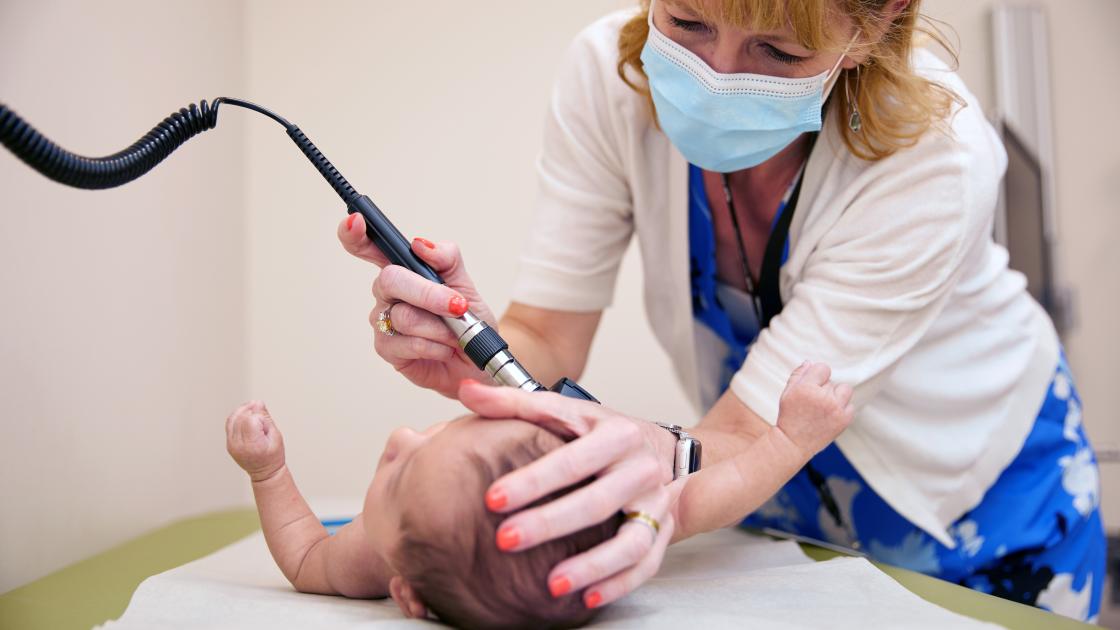
What is a Physician Assistant?
It’s a question I often get asked by my patients during my clinics at Family Medicine. The most straightforward answer is that Physician Assistants (PAs) are medical providers, like Nurse Practitioners (NPs), that function very similarly to our Physician colleagues in that we prescribe medications, manage chronic medical conditions, and work-up acute complaints.
Quickly following that question is, “when do you graduate and become a doctor?” I chuckle at this because I have no intention of going back to school for another seven years (at the very least), and also because being a PA is the best!
Growing up, I knew I wanted to do something in medicine. As a kid, I wanted to be a doctor because that’s what my mom does, and it was all I really knew existed in the medical field apart from a nurse. However, in college, I learned about Advanced Practice Clinicians (APCs), which included PA’s and NPs and immediately knew that’s where I was headed.
I chose to become a PA for many reasons. First, when deciding which path to take, I researched the PA education model and discovered it is based on the medical model theory, meaning that PAs are trained in a diagnostic approach to medicine. We learn how to evaluate and treat a disease a patient may have, much like how physicians are trained. Second, after completing your education and certification, PAs are adaptable! We can move to different specialties throughout our career, which is unique in comparison to other medical professionals. Although PAs are trained in primary care, we are able to work in any specialty whether it be in Hematology/Oncology, Plastic Surgery, Radiology, etc. Third, no matter where we are, PAs are fantastic team players! PAs are vital members of the clinical team and bolster a clinical practice, often providing care to patients when there is a physician shortage or in cases where physicians are involved in other aspect of care and/or medical education.
For all these reasons and more, I chose to become a PA and luckily was hired at SIU right out of school. I’m based in the outpatient setting in both Springfield and Taylorville. Being able to work in both a small rural clinic as well as a larger clinic keeps every day fresh and different. Some days can be grueling both mentally and emotionally, but you get through those tough days when you get to celebrate wins with your patients. The small wins - like that patient with diabetes who finally has a hemoglobin A1c under 7 or the patient who has been working for a year on their weight loss and finally met their goal and is able to play with their grandkids without pain. The big wins - like the patient who has beat breast cancer or the patient who has just passed the one-year mark on their sobriety. I’m privileged to be a witness to all these moments in my patients’ lives especially in Family Medicine, where I get to build a relationship over years with my patient and their family.
Taking care of my patients isn’t a one-person job though, which is why I’m surrounded by a team of great people including physicians, nurses, medical assistants, counselors, nutritionists, unit clerks, front desk staff and call center staff. If I’ve learned anything in these last few years, it’s that we need every member of the clinical team to provide our patients with access to their medical home. COVID-19 times certainly tested our resolve but seeing our team work together and support each other both professionally and personally has made me so grateful to say that I work at SIU.
Being able to start my career as a PA in my dream job has been a gift. Additionally, being able to grow in that career and feel supported in both clinical practice, education, and leadership opportunities by both the administration and my colleagues, is what sets SIU apart from other institutions and makes this place feel like home.



